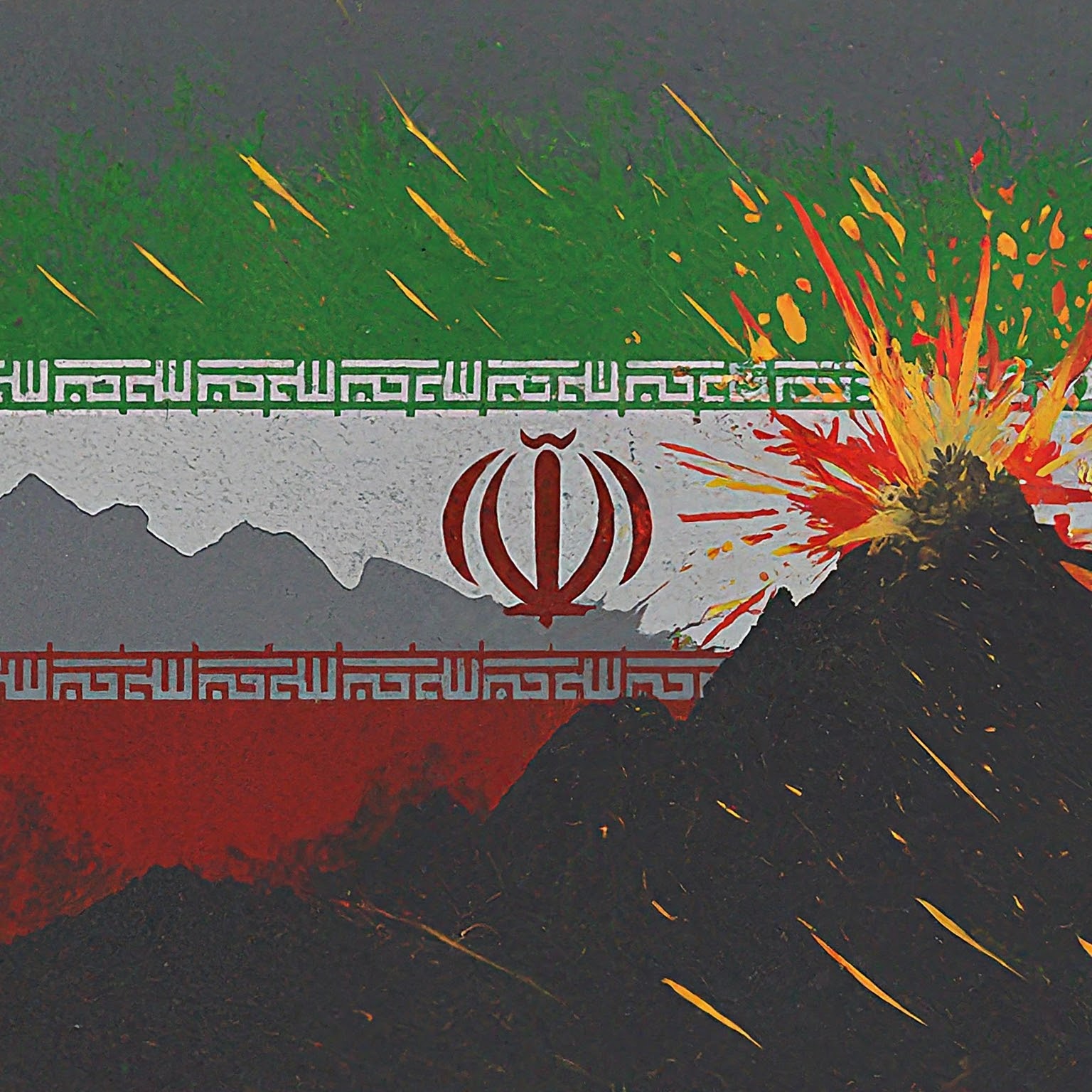Here is a snapshot from our Iran Retaliation Against Israel Narrative Intelligence brief.

This Iran Retaliation Against Israel narrative is driven by 92 sources in the U.S. Media module, amplifying 166 narrative items.
This is the Iran Retaliation Against Israel narrative, driven by 92 sources in U.S. Media, amplifying 166 narrative items relating to escalating tensions between Iran and Israel following the assassination of Hamas leader Ismail Haniyeh. The narratives explore Iran's potential retaliation, Khamenei's direct orders for strikes, and the broader implications for regional stability amid intertwined conflicts.
The assassination of Ismail Haniyeh in Tehran has escalated tensions in an already volatile region, with significant implications for Iran, Israel, and their respective allies. Demographically, Iran is predominantly Shia Muslim, while Israel is primarily Jewish, with both nations having diverse ethnic and religious minorities. This sectarian divide fuels animosity, particularly as Iran supports groups like Hamas, which is Sunni, against Israel.
Economically, Iran faces severe sanctions that have crippled its economy, leading to high inflation and unemployment. This economic strain may push Iran to adopt aggressive military postures to rally domestic support and distract from internal issues. Politically, Ayatollah Khamenei's call for retaliation reflects a hardline stance that resonates with nationalist sentiments, potentially consolidating his power amid domestic discontent.
Geographically, Iran's strategic position allows it to influence various proxy groups across the Middle East, including Hezbollah in Lebanon and militias in Iraq and Syria. This network complicates the security landscape, as any direct confrontation with Israel could draw in multiple actors, leading to a broader conflict.
From a military perspective, Iran has invested heavily in asymmetric warfare capabilities, including missile technology and drone warfare, which it could deploy against Israel. The potential for an all-out war raises concerns for regional stability, as both nations possess advanced military capabilities and a history of conflict.
National security considerations are paramount, as Israel views Iran's nuclear ambitions and support for militant groups as existential threats. The assassination of Haniyeh could provoke a cycle of retaliation, further destabilizing the region and complicating international diplomatic efforts aimed at de-escalation.
Our Kudzu Narrative Intelligence brief auto-updates every few hours with fresh analysis: